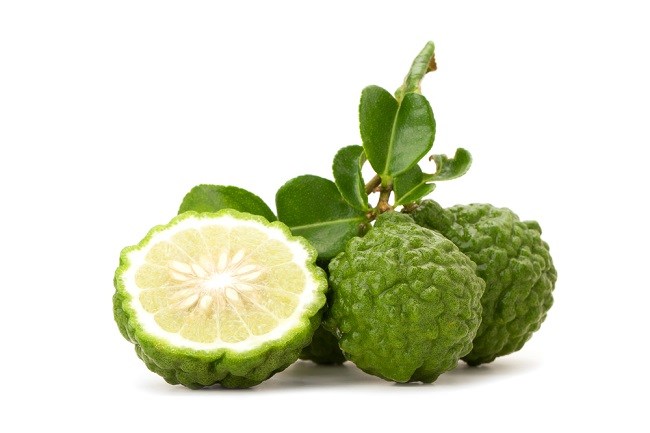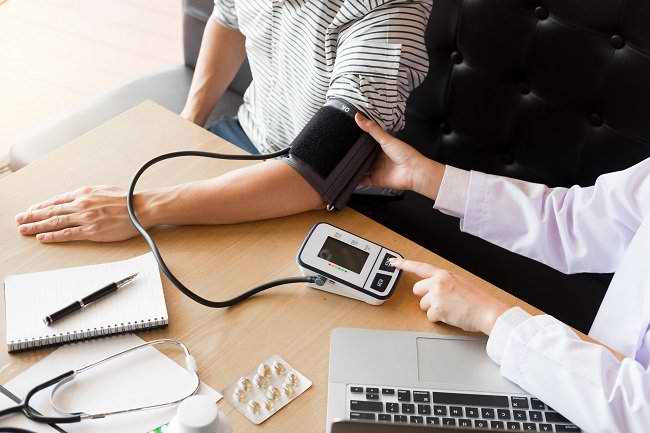To extend the consumption period, dairy products can be treated withprocess ultra high temperature or very high temperature processing. Dairy products that have undergone this procedure are commonly referred to as UHT milk.
The process of processing milk to make it more durable is called pasteurization, and one of the techniques is by using technology ultra high temperature. In the process, the milk will be heated to above 138 degrees Celsius for 1-2 seconds. The purpose of heating is to use a very high temperature in a short time to kill the bacteria in it.

After that, the milk will be packaged in a sterile manner and have a consumption period of up to 9 months without needing to be stored in the refrigerator. However, the length of the consumption period is valid as long as the packaging is not opened.
Myths and Facts Regarding UHT Milk
Because UHT milk is specially processed before being marketed, some doubt the nutritional content and safety level of UHT milk or pasteurized milk when compared to ordinary raw milk. Some of the assumptions below are conclusions that need to be clarified regarding the quality of UHT milk when compared to fresh milk:
- Not effective for preventing osteoporosisMany think that fresh milk is much more effective in preventing osteoporosis. However, this assumption is just a myth. There is no scientific literature to support these claims. Research actually states that both milk that has been processed with UHT (pasteurization) technology still does not change the calcium content in milk. At least, this has been proven through experiments using mice as experimental animals. In addition, research was also conducted on humans using breast milk (ASI). The results obtained, between heated and unheated breast milk, there was no difference in the absorption of amino acids, calcium, phosphorus, and sodium in premature infants.
- The nutritional content changes drasticallyThe process of heating with high temperatures for some time has raised many questions, does this technique change the nutritional content of UHT milk? In fact, the UHT process does not result in a decrease in the nutritional value of milk. Drinking UHT milk is still more beneficial and less risky than drinking whole milk that is not pasteurized.
- Changes in the proportion of milk fat and protein
Even when compared to whole milk, the protein in milk that is heated at high temperatures is easier for the body to digest. Milk fat itself has a significant influence on the nutritional value of milk because it contains most of the vitamins A, B, D, and calcium. To find out more about the nutritional content of a dairy product, don't forget to read the nutrition label on the package carefully.
- Fresh milk is healthier than UHT milkThis assumption is not true, fresh milk and UHT milk that have been processed both have nutritional content that is not much different. In UHT milk that has been sterilized, disease-causing bacteria such as: E. coli and Salmonella has been turned off by the heating process, so the risk of getting disease due to bacterial infection in milk is actually reduced if you consume UHT milk.
Revealing the facts related to UHT milk is not as scary as it seems. Therefore, now there is no need to hesitate to consume it. It's just that, at certain ages and groups, such as infants, toddlers, and pregnant women, you should consult a doctor first before consuming it.









